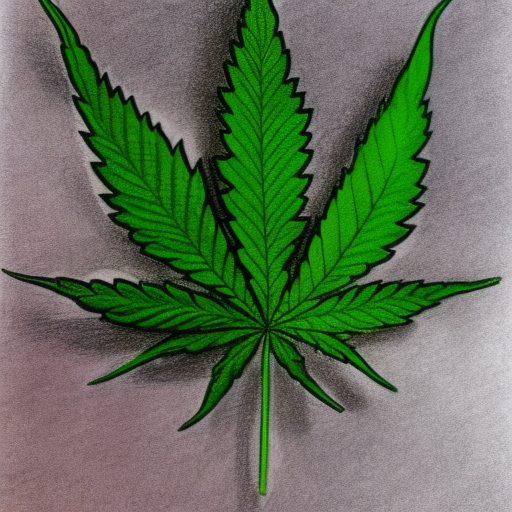
Tetrahydrocannabinol (THC) is one of the major cannabinoids found in cannabis and is responsible for the plant’s psychoactive effects. THC is used for both medicinal and recreational purposes, but finding the right dosage is essential to ensure that the desired effects are achieved without adverse side effects. With the increasing popularity of cannabis products, it can be challenging to determine the appropriate THC dosage, particularly for beginners. In this article, we will discuss different types of THC products and factors to consider when determining the proper dosage.
Different Types of THC Products
Flower/Bud
Flower or bud is the most common form of cannabis and can be smoked or vaporized using a dry herb vaporizer. The potency of flowers varies widely depending on the strain and method of consumption. Flowers with a higher THC content will require a lower dosage, while flowers with a lower THC content will require a higher dosage.
Edibles
Edibles are food products that are infused with cannabis. The potency of edibles can vary greatly, and the onset time can be delayed by up to two hours. The dosage of edibles is typically measured in milligrams (mg) of THC per serving, and beginners should start with a low dosage of 2.5-5 mg and wait at least two hours before consuming more.
Tinctures
Tinctures are liquid extracts of cannabis that are typically taken sublingually (under the tongue). Tinctures are often measured in milligrams of THC per milliliter (ml) of liquid, and the dosage can be adjusted by increasing or decreasing the number of drops taken.
Concentrates
Concentrates are highly potent cannabis extracts typically consumed by vaporizing or dabbing. The potency of concentrates can vary widely, with some products containing up to 90% THC. The dosage of concentrates is typically measured in milligrams, and beginners should start with a very low dosage and gradually increase it as needed.
Vapes
Vapes are vaporizers that heat THC oil or concentrate to produce an inhaled vapor. The potency of vapes can vary greatly depending on the product, and the dosage is typically measured in milligrams of THC per cartridge or pod.
Factors to Consider for Dosage
Tolerance Level
One of the most important factors to consider for dosage is your tolerance level. Beginners typically have a lower tolerance and require a lower dosage, while experienced users may require a higher dosage to achieve the desired effects.
Method of Consumption
The method of consumption can also affect the proper THC dosage. Smoking or vaporizing cannabis has a faster onset time and a shorter duration of effects than consuming edibles, tinctures, or vapes, which can take up to two hours to take effect and last several hours.
Desired Effects
Your desired effects also play a role in determining the proper THC dosage. Different strains of cannabis have different effects, and some may be more potent than others.
Body Weight
Your body weight can also affect the proper THC dosage. Generally, people with a higher body weight may need a higher dosage to feel the same effects as someone with a lower body weight.
Conclusion
By considering your tolerance level, method of consumption, desired effects, and body weight, you can determine the proper dosage for flowers, edibles, tinctures, concentrates, and vapes. Remember to start with a low dosage and gradually increase as needed, be mindful of the onset time and duration of effects, and always consume cannabis products safely and responsibly. If you are looking for reliable information on medical marijuana use, visit United Patients Group’s website for expert insights, recommendations from industry professionals, and lab-tested product reviews.

